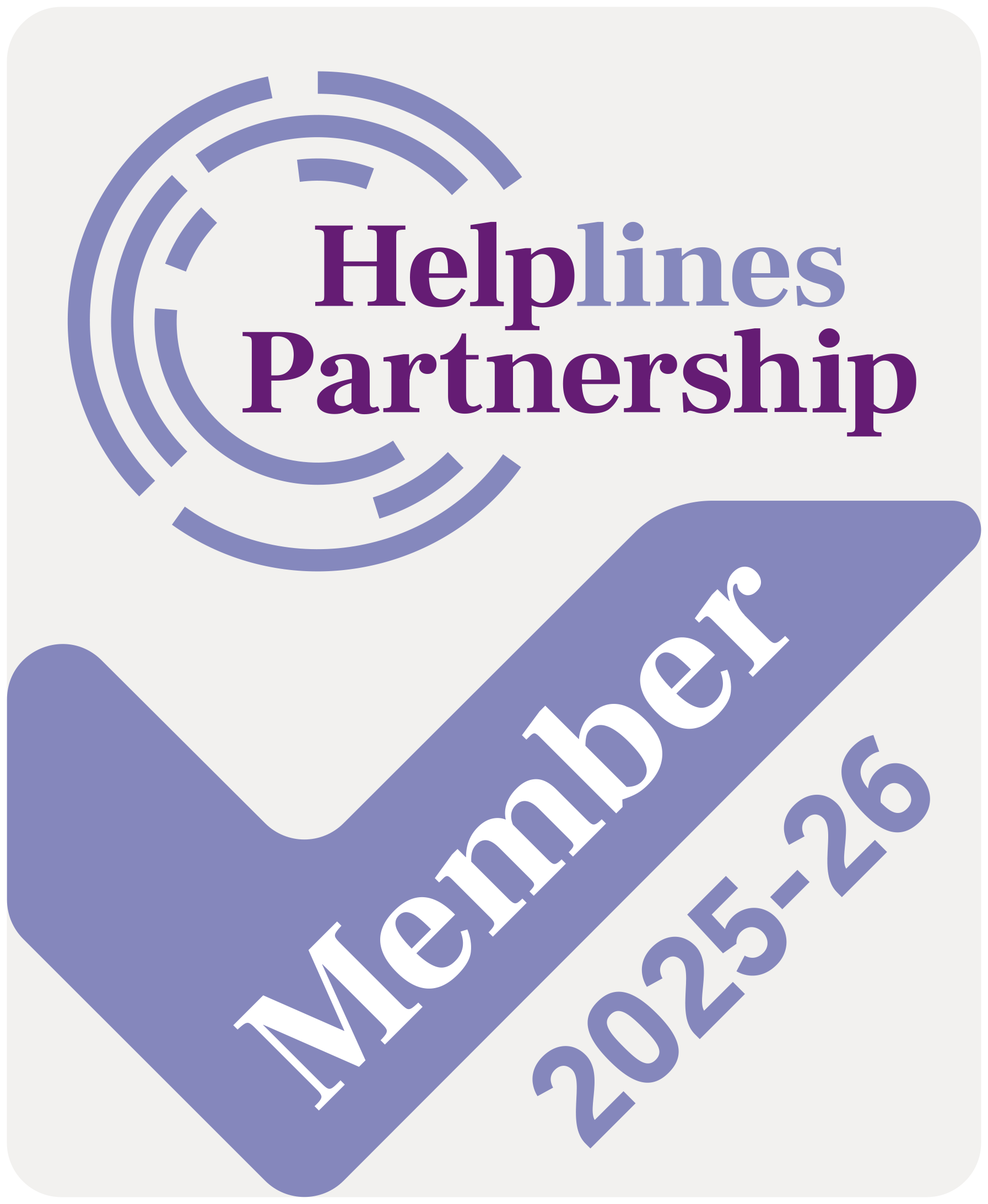From DLA to PIP
On 8 April 2013 the Government introduced a new benefit called Personal Independence Payment (PIP) to replace Disability Living Allowance (DLA) for eligible working age people aged 16 to 64 with a health condition or disability.
The changes DO NOT affect children under 16 who receive DLA.
There are no plans to change DLA for children or adults over 65.
PIP will be based on ‘an assessment of individual need’. Each applicant will be assessed on their ability to carry out basic activities, such as walking a certain distance, managing your medicines or treatments, communicating, making decisions about money, washing and bathing, or preparing and eating food.
The Government says: ‘What you get is not based on your condition but how your condition affects you.’
Information will be gathered about the applicant from healthcare professionals and other support workers.
Most people will be expected to attend a face to face consultation with an assessor as part of the claim process.
PIP applies even if you have been awarded a lifetime DLA guarantee.
There is no automatic transfer from DLA to PIP. Needs will be regularly assessed.
WHAT YOU’LL GET:
Personal Independent Payment is paid every four weeks, it is tax free and can be paid if you’re in or out of work.
It is paid in two parts.
Daily living component:
- Standard weekly rate – £57.30
- Enhanced weekly rate – £85.60
Mobility component:
- Standard weekly rate – £22.65
- Enhanced weekly rate – £59.75
You may get a letter telling you to go for an assessment to work out the level of help you need. The letter explains why and where you must go.
Thinking about claiming
For the governments information on PIP please click here (https://www.gov.uk/pip/overview)
Making a claim
Claimants (or those supporting them) phone DWP to make a claim to PIP. This involves an identity check and some basic questions.
Phone 0800 917 2222 to begin the process
- You’ll be asked for information such as contact details and date of birth
- National Insurance number
- bank or building society details
- doctor’s or health worker’s name
- details of any time you’ve spent abroad, or in a care home or hospital
You’ll then be sent a “How your condition affcets you” form which will then be sent along with your details and supporting evidence to a health professional. The face to face consultation allows the claimant to explain their needs in their own words.
Decision
A DWP Case Manager will use all the information in the claim form, from the health professional and anything else that has been provided to make a reasoned decision on entitlement, including the level and length of award.
If you are unhappy with your PIP decision you need to;
- Discuss the decision with the Department for Work and Pensions
- Make a mandatory reconsideration request to have the decision looked at again
- Appeal the decision if you’re unhappy with the mandatory reconsideration by filling in and sending form SSCS1 (http://hmctsformfinder.justice.gov.uk/HMCTS/GetForm.do?court_forms_id=3038) within one month of the date of the mandatory reconsideration letter





